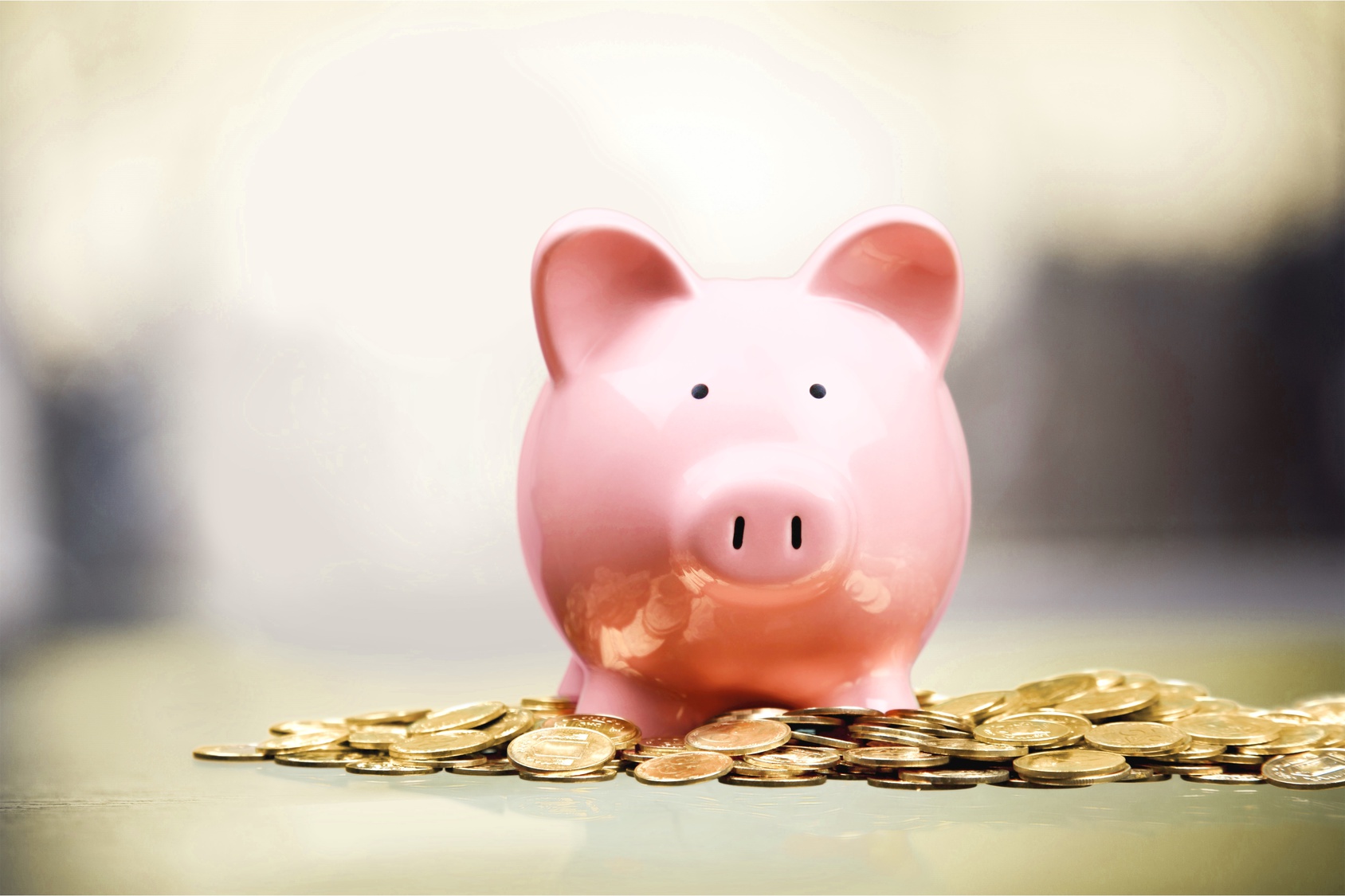
Emergencies happen
It’s estimated that 80% of us will have a major emergency expense within a ten year period. The truth is that, as well as you budget and plan, you can’t always anticipate the surprises life has in store.
It could be that you have to take care of major car repairs. You might have a medical emergency that causes you to have thousands of dollars due in medical bills, even if you have insurance. You might need to fix something in your house, or cope with losing a job and having a significant period of unemployment.If something like that happens, do you have a plan? Will you be able to stick to your budget, or will you be incurring risky debts and drowning financially?
An essential, but oft-neglected, area of financial planning is building an emergency fund.
What is an emergency fund?
A healthy emergency fund is a savings account equivalent to 3-6 months of your income. This fund is easily accessible, unlike retirement accounts, and can give you a safety cushion when an unexpected expense slams you in the face.
How much you should have in your emergency fund will depend on your situation. If you work on commission or move frequently, you have more risk than someone who’s in a stable home and lives on a salary. Your household income is also more stable if you have more than one earner. If you are a property owner, or someone in your family has frequent medical expenses, you might also want to pad your emergency fund a little more.
With an emergency fund, you’re protected from having to enter into a cycle of debt when life bumps you around a little bit.
An emergency fund should be easily accessible, but separate from your regular expenses account. For this reason, many people find it useful to set up a goal savings account at their bank, or a money market account.
How can you build an emergency fund?
- Creative problem-solving: Sometimes the key to building an emergency fund is found in unexpected ideas. It could be that you find a creative way to cut way back on your grocery bill, or you set up a side hustle that allows you to earn a little bit of extra cash every now and then. These little bonuses can go straight into savings.
- Sticking to a budget: A budget is one of the most essential building blocks of financial security, and yet 80% of Americans don’t even bother having one! Often, the reason for financial instability is that we don’t notice our unnecessary expenditures, or set goals and make progress. Sticking to a budget makes a sort of alchemy happen: where once there was never enough money, suddenly, there’s enough even to add a little bit to savings each month.
- Creating a goal savings account: Some banks offer incentives for savings accounts, offering rewards when you hit a goal, and even offering a contribution in response to each of your own. Having a solid goal and a designated place for your savings helps you see it more clearly and work towards it more effectively.
- Craving the savings: Spending money and buying something new gives us a dopamine rush. It’s why it’s so fun, and why it can also be a little addictive. However, you can also train yourself to love saving in a similar fashion. After a while, watching that nest egg grow can be incredibly gratifying, and once you realize the positive impact of stress relief that it lends to every day living, you’ll love it even more.
Once you have an emergency fund, there are other ways to control your financial risk, and plan for big expenses that can crop up in the future. We can help you determine what sorts of storms are on the horizon, and what you can do to plan for them. Contact Afortus Financial to get started today!
